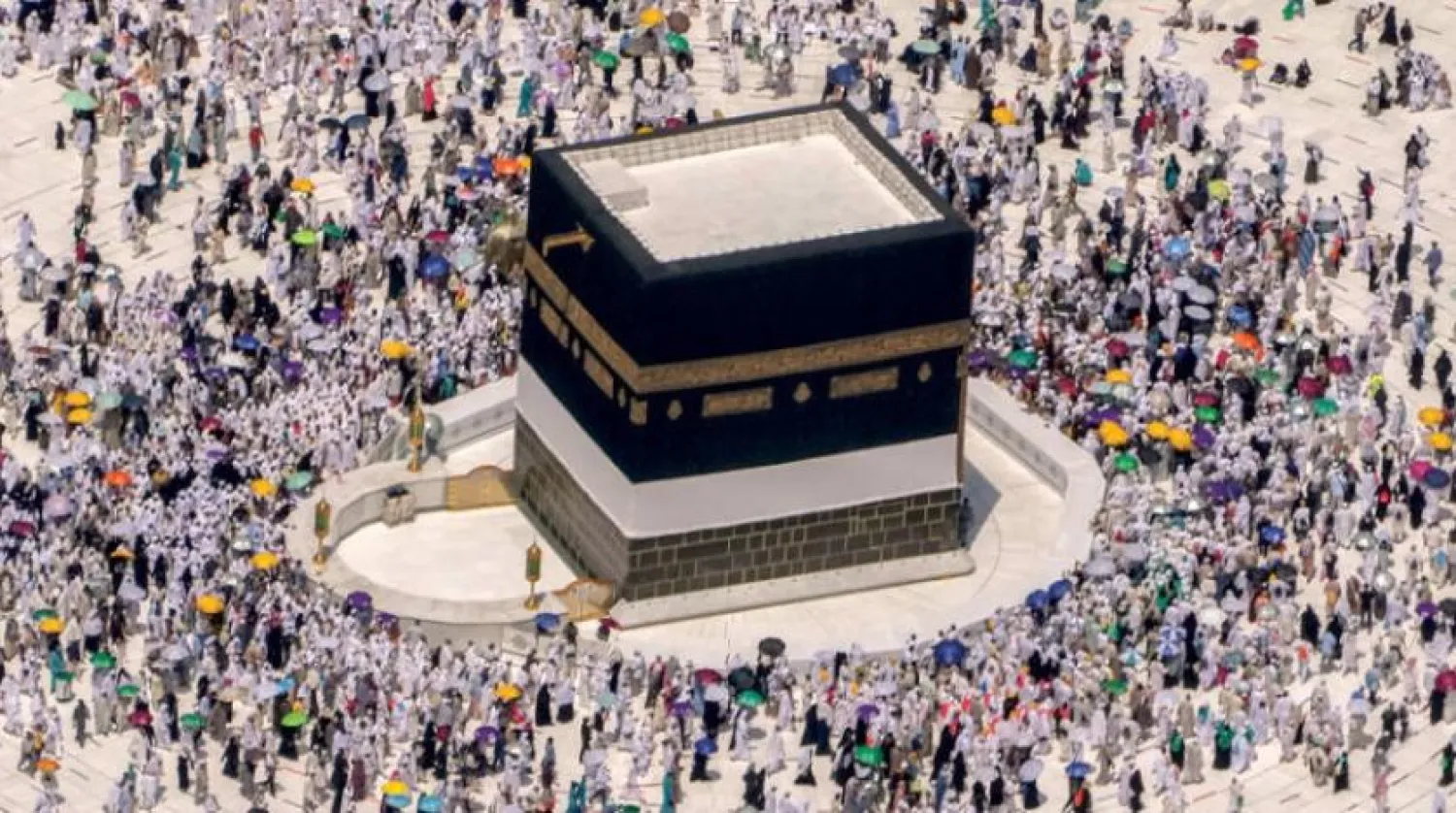Saudi Arabia’s Deputy Hajj Minister Abdulfattah Mashat has confirmed that there are no restrictions on the number of people allowed to perform Umrah from outside the Kingdom. However, prospective pilgrims need to check the Eatmarna application for the times and capacity of the Grand Mosque.
Moreover, Mashat affirmed that a pilgrim can perform Umrah more than once without facing any conditions or restrictions by signing up and booking their Umrah pilgrimage on Eatmarna.
Speaking to Asharq Al-Awsat, Mashat revealed that the Hajj and Umrah Ministry shortened the procedures for obtaining visas for pilgrims coming from outside the Kingdom for this year’s Umrah season, which started from Muharram 1, 1444, corresponding to July 30, 2022.
Pilgrims need to only fulfill two steps by submitting through the central reservation portal “Maqam,” followed by the selection and reservation of all services and packages.
They can also design their Umrah trip program directly through one of the approved e-platforms.
The issuance of Umrah visa through the Eatmarna application will be in accordance with an integrated system of health services and measures approved by the concerned authorities to maintain the safety and health of pilgrims and visitors, within easy procedures that ensure the performance of the Umrah rituals in ease and comfort.
Regarding the total number of visas, Mashat said that the Kingdom has issued more than 85,000 visas since the beginning of this year’s Umrah season.
So far, about 25,000 visa-approved applicants have entered Saudi lands to perform Umrah rituals.
The number of permits issued through Eatmarna since the beginning of the season until today reached 842,045 permits for Umrah pilgrims from inside the Kingdom.
Mashat’s remarks align with Saudi Arabia’s national transformation plan, dubbed Kingdom Vision 2030.
According to Vision 2030, the Kingdom aspires to receive 30 million pilgrims with the expansion of services provided to them annually.









